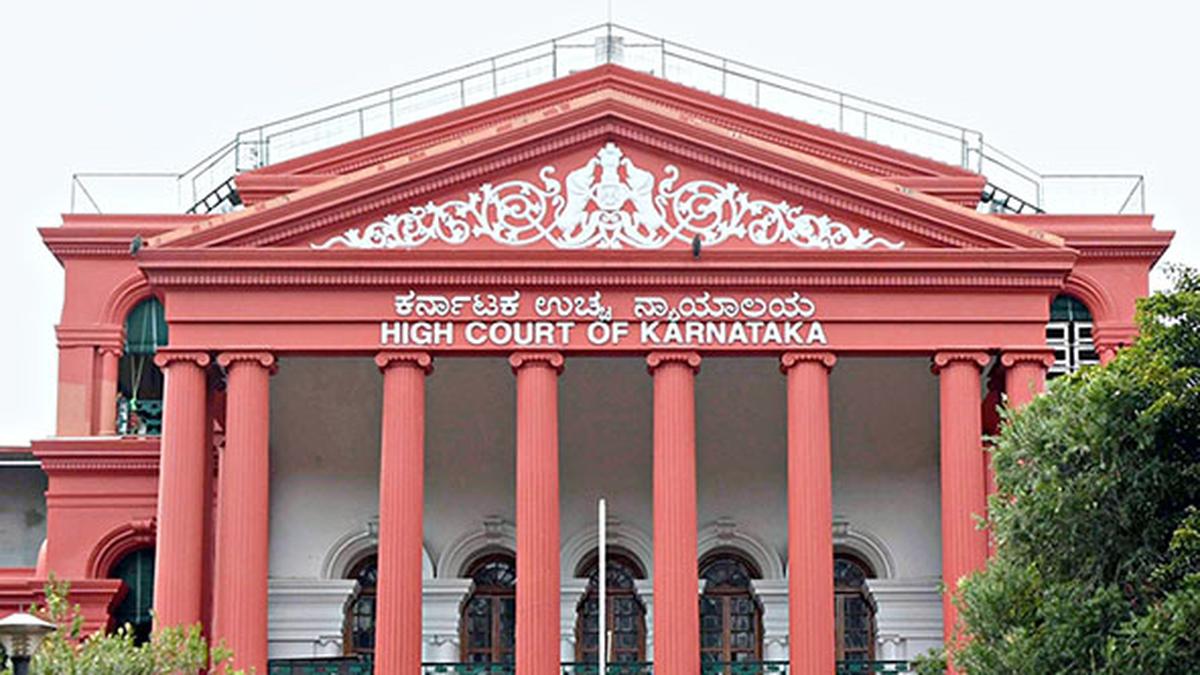
Don’t take precipitative action against Aaj Tak and Sudhir Choudhary till September 20: Karnataka High Court tells Advocate-General
The Hindu
The High Court of Karnataka on Friday told the State Advocate-General to instruct the police not to take any precipitative action till September 20 against Aaj Tak Hindi news channel or its consulting editor Sudhir Choudhary based on the First Information Report (FIR) registered against them for allegedly spreading enmity between religions and groups through a programme telecast recently by giving ‘misinformation’ on the State government‘s subsidy scheme for minority communities.
The High Court of Karnataka on Friday told the State Advocate-General to instruct the police not to take any precipitative action till September 20 against Aaj Tak Hindi news channel or its consulting editor Sudhir Choudhary based on the First Information Report (FIR) registered against them for allegedly spreading enmity between religions and groups through a programme telecast recently by giving ‘misinformation’ on the State government‘s subsidy scheme for minority communities.
Justice Hemant Chandangoudar passed the interim order on the petitions filed by New Delhi-based Mr. Choudhary, Aaj Tak news channel, and TV Today Networks Ltd., which owns the news channel.
Observing orally that the FIR does not require any custodial investigation of the accused person as the matter is on record in public domain, Justice Chandangoudar orally told A-G Shashikiran Shetty to ensure that the police do not precipitate the matter till September 20, the next date of hearing on the petitions.
Stating orally that the court is neither rejecting the plea for stay of the FIR nor granting it as the court wants to dispose of the petition itself, the judge adjourned further hearing till September 20.
Appearing for the petitioners, senior advocate Uday Holla pointed out that the petitioners had only pointed out in the programme telecast on September 11 that the benefit of Swavalambi Sarathi scheme, which was announced in the State Budget in July, 2023, by Chief Minister Siddaramaiah was extended only to religious minority communities and not any other categories as promised in the Budget.
The programme and comments made by the anchor was based on the public notice issued by the Karnataka State Minorities Development Corporation (KSMDC) on the scheme in August-September extending the benefit of scheme only to religious minorities.
When the channel received comments on social media that the scheme was also available for other categories like Scheduled Castes, Scheduled Tribes, etc and it is not limited only to non-Hindus, the channel aired a programme on September 12 clarifying that at present, the scheme was meant only for minority religions and the process of consultation is under way for extending the scheme to SCs/STs and public notices would be issued in this regard later.













